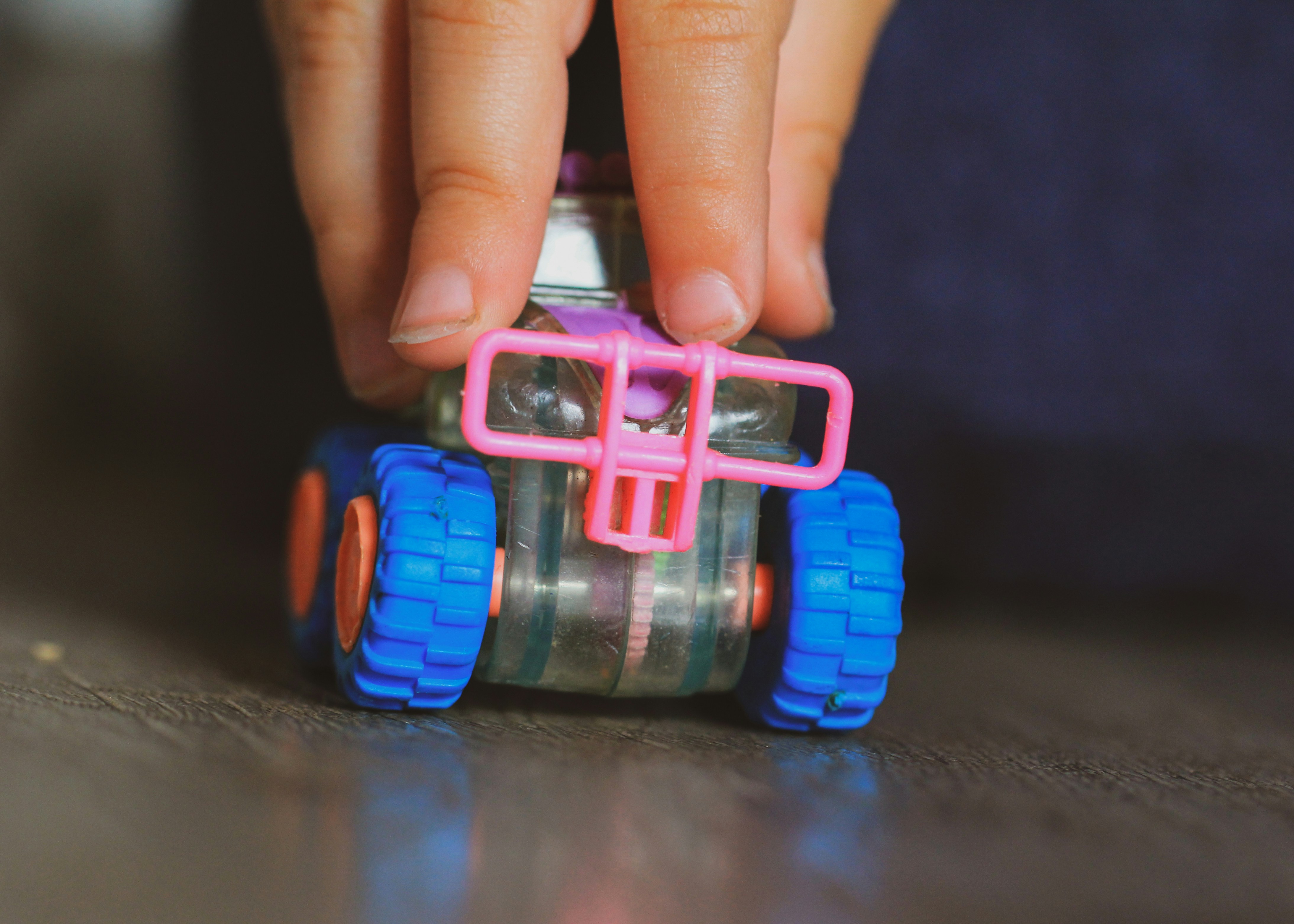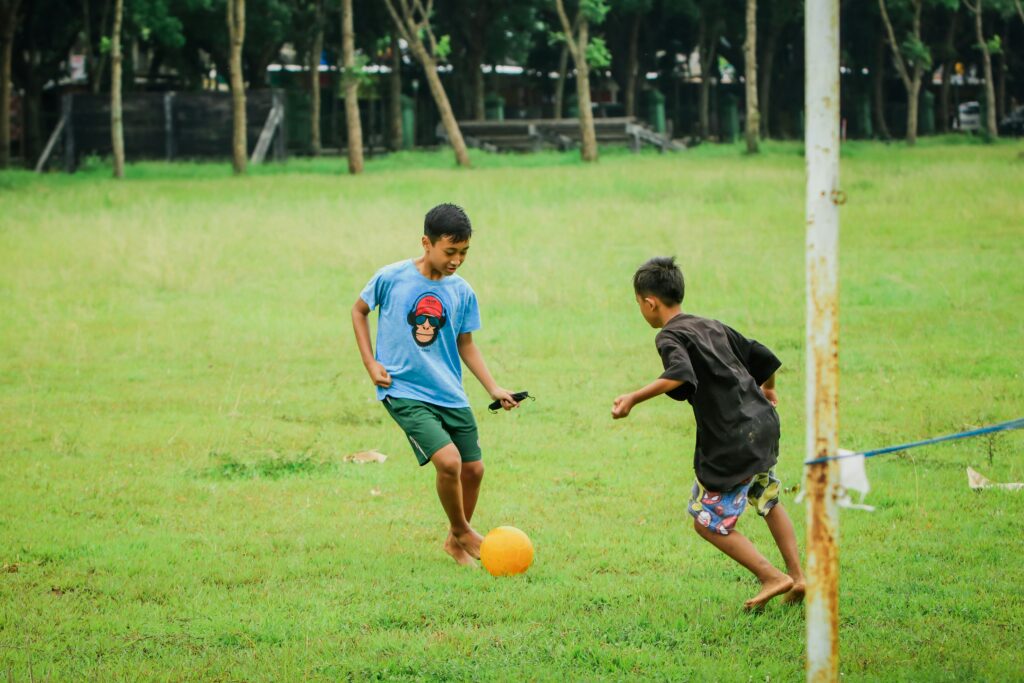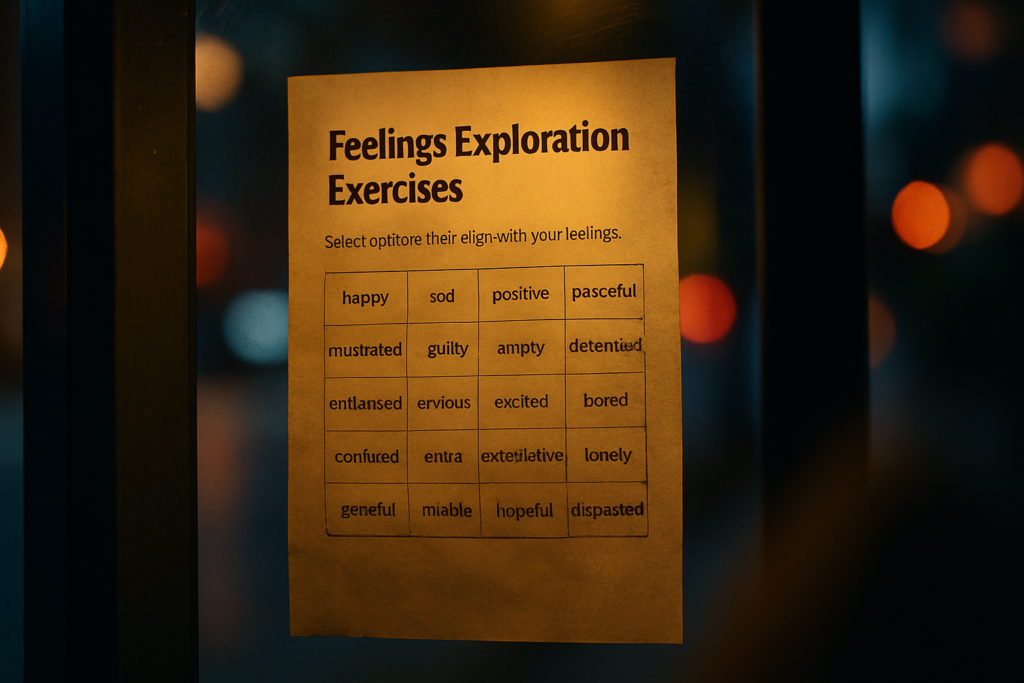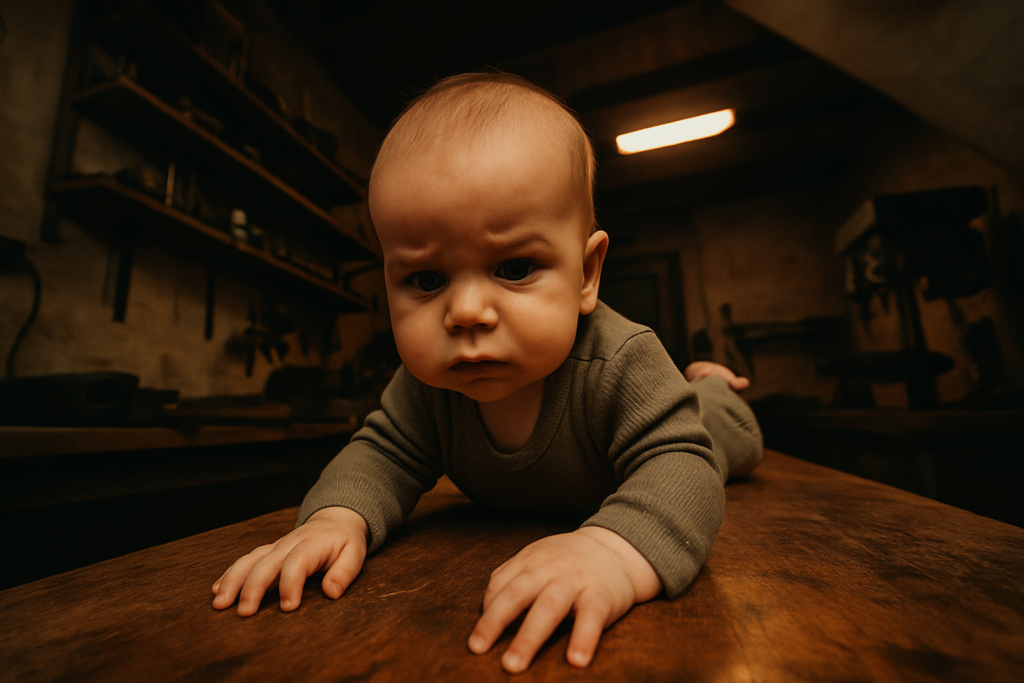The Science Behind Play
Play isn’t an extra it’s essential. From birth, kids are wired to explore, imagine, and test out the world through play. It’s not just about having fun. The brain needs play to grow. Scientists have found that unstructured play sparks neural connections in early childhood, especially in areas tied to memory, self control, and flexible thinking.
When children make up games, solve problems on the fly, or turn an empty box into a spaceship, they’re doing real mental work. These moments build up what researchers call executive function the skills behind decision making, planning, and emotional regulation.
Play, especially when it’s child led and open ended, pushes kids to think creatively and adapt. There’s no script, no guaranteed outcome. That’s the point. These unpredictable play sessions are where innovation begins. And they lay the foundation for focus, resilience, and learning in school and beyond.
Building Skills That Last a Lifetime
Play is far more than simple entertainment it’s a powerful way children build core life skills. Through imaginative activities, kids develop emotional intelligence, strengthen cognitive functions, and learn how to interact with others.
Emotional Development: Practicing Feelings Safely
Role play and make believe give children a safe space to process big emotions. Whether pretending to be a superhero, a parent, or even a favorite animal, kids are working through real world experiences in creative ways.
Helps children recognize and express different emotions
Encourages problem solving during pretend conflict
Builds resilience by exploring success and failure in low stakes settings
Cognitive Benefits: Strengthening the Brain
When children engage in thoughtful play, they are building critical pathways in their brains especially those related to language, memory, and focus. Even simple games like matching cards or telling stories enhance intellectual development.
Storytelling grows vocabulary and comprehension
Turn based games improve working memory and concentration
Play structured around choices and goals enhances executive function
Social Learning: Navigating Relationships Through Play
Through games and group interactions, children discover how to connect with peers, cooperate, and resolve disagreements. Social play is where empathy starts to take root.
Turn taking games teach patience and fairness
Role play promotes understanding of others’ feelings and perspectives
Group activities help children manage conflicts and negotiate roles
Together, these experiences shape the emotional, mental, and social foundation kids will carry into adolescence and adulthood.
Physical Growth Through Play

Healthy physical development requires movement and for children, that movement comes most naturally through play. Whether indoors or outdoors, play based activity builds the foundational motor skills kids need to grow strong, agile, and confident in their bodies.
Why Movement Matters
Children aren’t just having fun when they move they’re building physical coordination, body awareness, and key motor pathways.
Play develops both gross (large muscle) and fine (small muscle) motor skills
Activities like jumping, running, climbing, and crawling engage a range of body systems
Repetitive movement supports brain body connection
Outdoor Play and Gross Motor Development
There’s a strong link between outdoor activities and more advanced motor skill development. Wide spaces and varied terrains naturally challenge children to move in diverse ways.
Open space encourages larger movements like sprinting, hopping, and balancing
Nature play like walking on logs or climbing stimulates coordination
Physical risk taking (within safe boundaries) builds strength and confidence
Balance, Coordination & Strength: The Hidden Benefits
The more kids move, the more they build physical capabilities that serve them into adulthood.
Balance is refined through activities like biking, hopping, or yoga inspired games
Coordination improves as children practice timing, rhythm, and sequencing in play
Strength is built organically through resistance based play pushing, pulling, lifting, and climbing
Purposeful play isn’t about structure it’s about providing opportunities for children to engage their bodies freely and fully. When kids are free to move, they’re also free to grow.
Encouraging Purposeful Play at Home
Helping children grow through play doesn’t require a strict curriculum or expensive toys. With the right approach, everyday moments can become meaningful opportunities for development. Purposeful play blends creativity with guidance and every parent can use simple, actionable strategies to support growth.
Play with Intention: Creative Ways to Guide
Intentional play doesn’t mean controlling every moment it means creating an environment where imagination and exploration are nurtured with purpose.
Set up open ended play stations with materials like blocks, art supplies, or costumes
Rotate toys regularly to spark curiosity and prevent boredom
Introduce themes (e.g., space, nature, building) to deepen focus and learning
Build Learning into Daily Routines
Many learning opportunities happen during the unscheduled moments of each day. With a little creativity, you can weave educational play into mealtime, bath time, and transitions.
Turn cleanup into a sorting or counting game
Use cooking as a chance to teach following directions and basic measurements
Make car rides more interactive with word games or scavenger hunts
Challenge to Build Confidence
When children face the right level of challenge, they not only learn new skills they feel proud of what they accomplish. Encourage age appropriate tasks and celebrate small wins.
Offer puzzles, construction toys, or activities that challenge without overwhelming
Allow problem solving time before stepping in with help
Praise effort and process, not just the outcome
Explore more ideas for purposeful play for growth
Discover proven techniques you can start using at home today.
Play Isn’t Wasted Time
It’s easy to see play as downtime, but when kids are stacking blocks, dressing up, or making up games in the backyard, their brains are hard at work. Underneath the laughter and mess, they’re building focus, learning how to solve problems, and figuring out their place in the world. It’s not just fun it’s function.
A mindset shift helps here: play isn’t what happens when “real life” pauses. It’s how kids prepare for it. Pretending to run a store teaches conversation skills. Building forts? That’s teamwork, engineering, and creative grit. Even squabbles during group games are dry runs for real life negotiation.
With all the scheduling, schooling, and to dos, carving out time for unstructured play might feel like a luxury. But those open ended moments no screens, no instructions are when connection happens. That’s when kids talk freely. That’s when parents get glimpses into how their kids think, worry, and dream. You don’t need a packed calendar. You need margin.
Want more ways to bring purpose into family play? Check out More ideas for purposeful play for growth.
What Parents Can Do Today
Unstructured play doesn’t need to be another item on the to do list it just needs space to happen. Leave room in your child’s day where nothing is planned. No agenda, no rules. Just time to be bored, curious, creative. Even 20 minutes goes a long way.
Set the stage, not the script. A safe space with open ended toys blocks, dress up clothes, craft supplies invites exploration. Rotate materials now and then. Let them build, destroy, pretend, and rearrange. This kind of stimulation isn’t loud or flashy, but it’s the fuel their brains crave.
And here’s the real gamechanger: join in. Not to control or correct, just to be present. Sit on the floor. Follow their lead. Laugh a little, answer a lot. Your presence tells them this matters. Because to them, it does.




